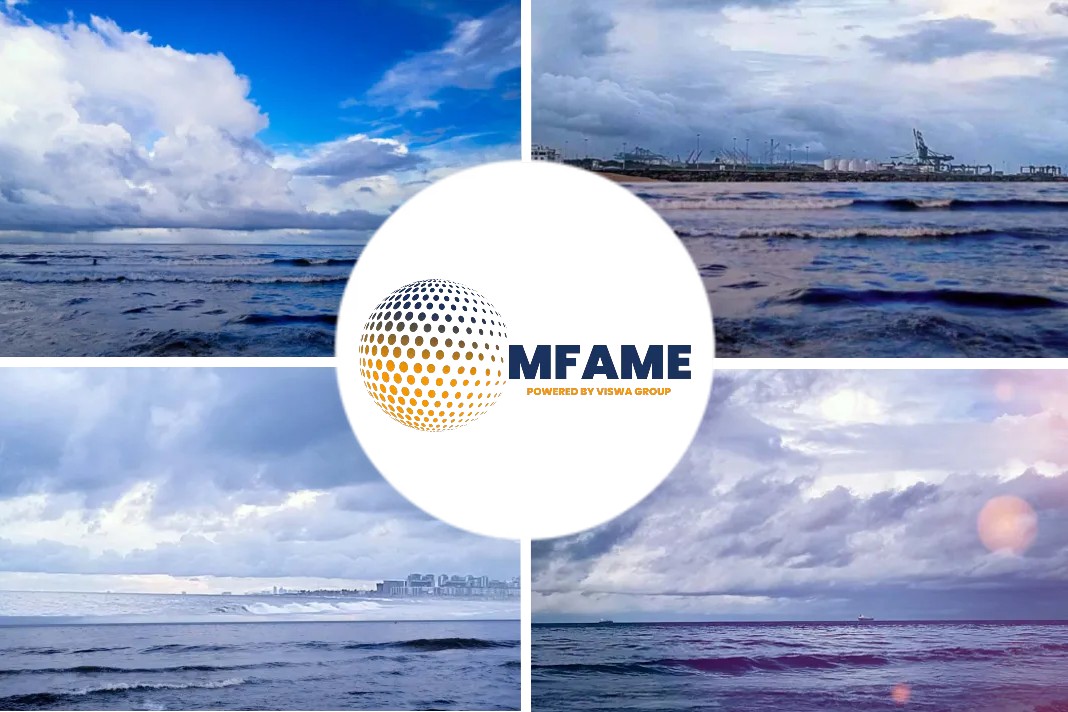
- The vessels will be retrofitted to ensure suitable LNG bunkering capabilities, enabling them to both transport and bunker LNG.
- Decarbonisation will require a range of solutions, and the LNG pathway to net-zero emissions using LNG, LBM and e-LNG is a practical option available.
- Titan’s expanding fleet already includes a mix of owned and chartered vessels
Titan, an independent supplier of low and zero-emission fuels, has acquired two small scale LNG carriers – the Seapeak Unikum and Seapeak Vision – from Seapeak, a Canadian gas transportation company formerly known as Teekay LNG Partners.
LNG carriers
The vessels will be retrofitted to ensure suitable LNG bunkering capabilities, enabling them to both transport and bunker LNG, liquefied biomethane (bio-LNG), and in the longer-term, hydrogen derived e-methane (e-LNG).
Both sister vessels have a cargo capacity of 12 000 m3 and are 152 m in length by 19.8 m in width. The two vessels will join Titan’s fleet in March 2023.
They will operate in the Mediterranean and Northwestern Europe and will cater for increased demand for LNG and bio-LNG in these regions.
The vessels and the retrofit are financed by Sole Shipping Group through a long-term bareboat charter leasing structure.
Sole Shipping Group is a major European provider of financial leasing structures. Titan was advised on this transaction by Endegeest Consulting BV.
Expanding fleet
Titan’s expanding fleet already includes a mix of owned and chartered vessels. Furthermore, Titan has a newbuild programme consisting of Titan Krios and Titan Hyperion designs.
The two new additions to the fleet allow Titan to deliver fuel to a wider range of LNG-powered vessels, including all container ships.
Before operations begin, the LNG carriers will be retrofitted to improve LNG bunkering capabilities and to meet Titan’s quality standards.
After the upgrades, the vessels will be able to load at all major LNG terminals and perform ship-to-ship bunkering and loading operations.
Thanks to its cargo conditioning capabilities, the vessels are also capable of doing more complex projects, including gas-up cool-down operations and commissioning parcels.
On top of this, the cargo tanks are made of stainless steel, making them compatible with propylene, ethylene, and ammonia.
Clean fuel operations
Douwe de Jong, Fleet Development Director at Titan, commented: “Retrofitting these ships so that they can trade and bunker LNG, LBM, and in the longer-term hydrogen derived e-methane, offers Titan even more flexibility in its clean fuel operations. The team is currently specifying the upgrades and finding a suitable shipyard for the retrofit work.”
Growth strategy alignment
Niels den Nijs, Owner and CEO of Titan, added: “A Solid double digit EBITDA in 2022 has allowed us to make this additional investment in our fleet.
This decision aligns with Titan’s ambitious growth strategy in Europe and the Mediterranean. We look forward to continuing to work with our partners, like Sole Shipping Group, to expand our fleet to support our LNG and LBM distribution targets and serve our customer’s long-term demand.”
Decarbonizing shipping
Titan remains committed to supplying all clean fuels that can decarbonize shipping, transport and industry in a substantial way as they become feasible.
It recognizes that decarbonization will require a range of solutions, and the LNG pathway to net-zero emissions using LNG, LBM and e-LNG is a practical option available right now.
The announcement of this vessel acquisition follows the recent news from Robert Habeck, Vice Chancellor of Germany and a member of the German green party, that Germany has granted a total of €62 million to a partnership of three companies, including Titan, for the construction of the Titan Krios new build LNG bunker vessels.
Did you subscribe to our Newsletter?
It’s Free! Click here to Subscribe.
Source: LNG Industry















